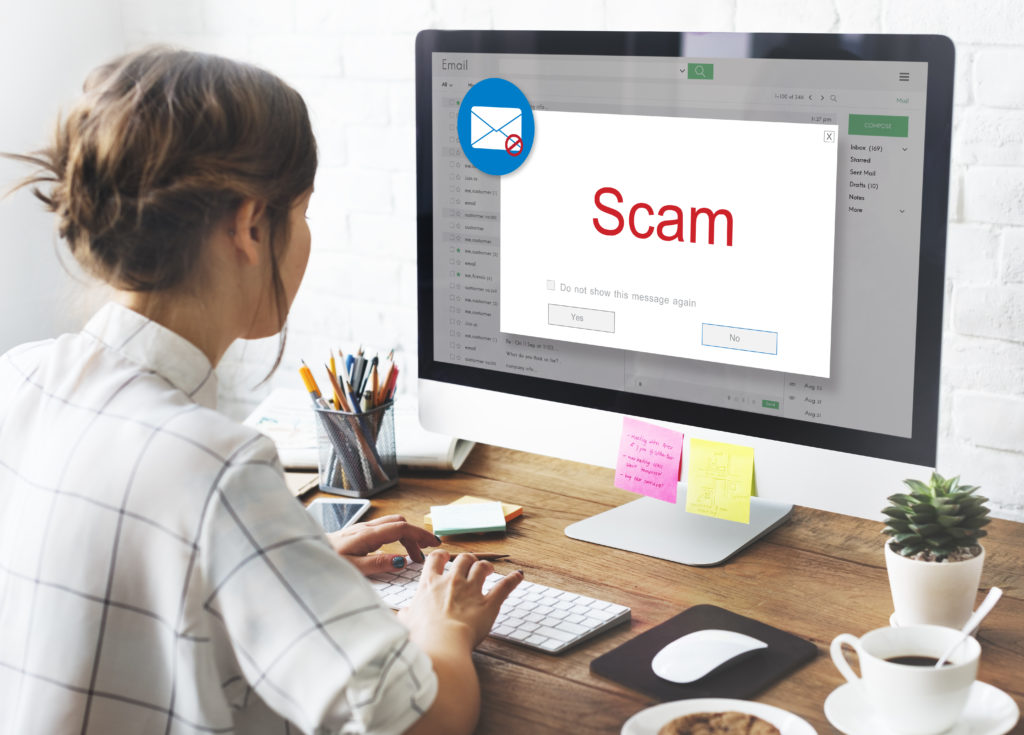
Small Business Fraud on the Rise
Individuals–such as job seekers–aren’t the only targets of online fraud. Small businesses have long been a target of scammers, and as technology continues to advance, their schemes have become more sophisticated and harder to defend against. Small business administration staff need to be on the lookout for various types of scams, especially as the CARES Act provides a new source of revenue for criminals to target. Some of them have been around for years, while others are riding the wave of cutting-edge technology. The two most prevalent scams targeting businesses are phishing attacks and false invoices.
Phishing Attacks
Businesses are a primary target of phishing schemes, which seek to capture sensitive information using fake emails disguised to look as if they are from a legitimate sender. The email may contain enough information to make you think it is from a financial institution, government agency(often the IRS), or even a colleague, asking you to click on a link. The link takes you to a website that looks real but sends any information you enter to a scammer.
Another phishing scheme seeks to trick you into clicking on a link and downloading a type of spyware that can log keystrokes to capture your login credentials. They can then access and pillage your online accounts.
Defense tips:
- Keep your antivirus software and firewalls updated.
- Educate your employees on how to identify a potential phishing email.
- Never click on a link without verifying the source.
- Link your accounting software to your bank accounts to monitor your transactions daily.
False Invoices
In addition, scammers may try to take advantage of your business receiving many bills each month by slipping in a fake invoice. It could be for an ad you never ran, a membership to a trade group, or a notice for office supplies you did not order.
Some methods for fraud prevention:
- Have all current vendors listed in your accounting software so they can be crosschecked with invoices.
- Ensure your employees follow proper payables procedures and question any invoice that does not have proper backup.
For more tips on small business scams and other ways of detecting fraud, click here.
About This Author

Ross Bentzler
Ross Bentzler is Executive VP and Information Security Officer for Alpine Bank. Ross has worked in the information technology field for two decades, focusing on information security for 13 years.
More about Ross Bentzler

